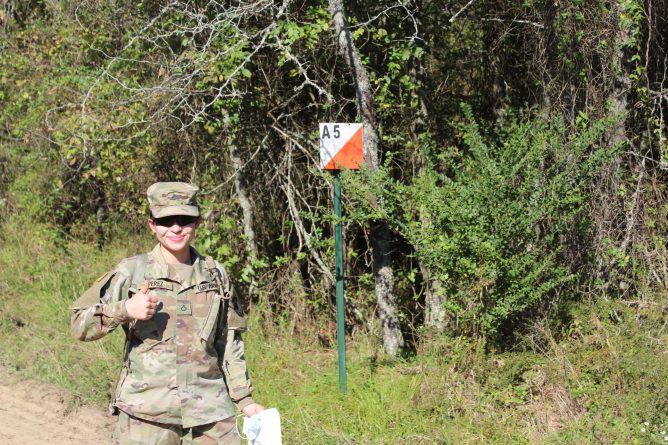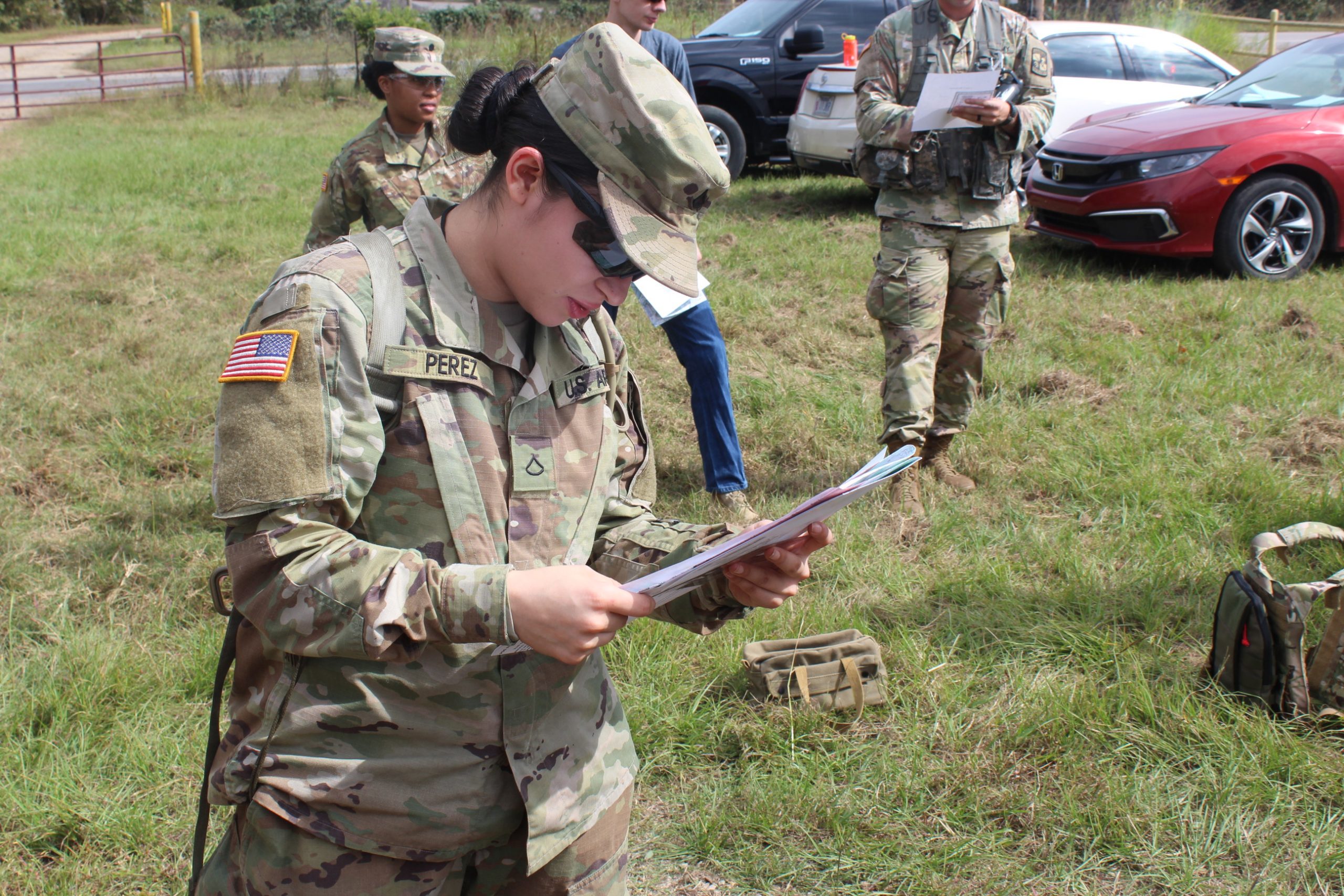https://www.youtube.com/watch?v=fVAN7WBSoIc
by: Fletcher Cowden
FAYETTEVILLE, Ark.- The path to citizenship could be a long road for most Hispanic Americans. Becoming a United States citizen involves time, money and even a test over American history. The average wait time from the moment applied on average in 2020 takes eight months.
Sandra Perez was born in Tijuana Mexico. From there at the age of 10 Perez and her mother moved to California, then to Fort Smith Arkansas.
At Northside Highschool Perez joined the Junior Reserve Officer Training Core program. In JROTC highschool students learn the values and leadership aspects of the U.S. Army soldiers.
“I was in JROTC. I found passion in wearing the uniform. Soon after I wanted to enlist and I knew I wanted to become a part of the Reserve Officer Training Corps in college because I didn’t just want to be another number.”
After high school Perez enlisted into the Arkansas Army National Guard. In January of 2019, she went to basic combat training. Following that she went to advanced individual training where she learned to become a supply specialist.
This experience only grew her ambition of wanting to earn the rank of 2nd Lieutenant.

“There’s so many things you learn (being in the Army) from the people above you to the people you’re in charge.”
With the forever changing demographic of the military, more and more women are taking over leadership roles. Women only make up 16 percent of the Army and 14 percent of its officer core. In the Reserve component, women make up 24 percent of its personnel.
Cadet Merisol Osorio has been in the Arkansas National Guard for three years now and is the current platoon leader for the University of Arkansas – Fort Smith’s lion company.
“Being a female in the Army brings its obstacles, it is definitely a male profession. But overall my experience in the Army is well worth the reward.”
The University of Arkansas’s Razorback battalion which oversees the training of cadets from the University of Arkansas Fayetteville, Fort Smith, John Brown University, and Northeastern State commissions on average five to fifteen female officers per year.


